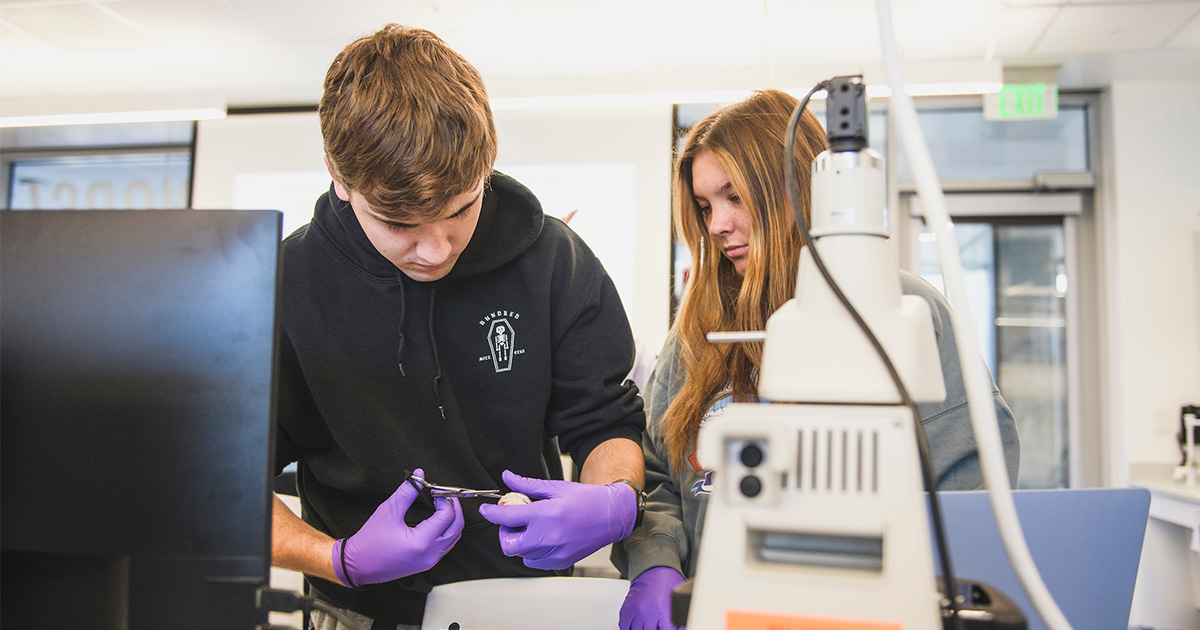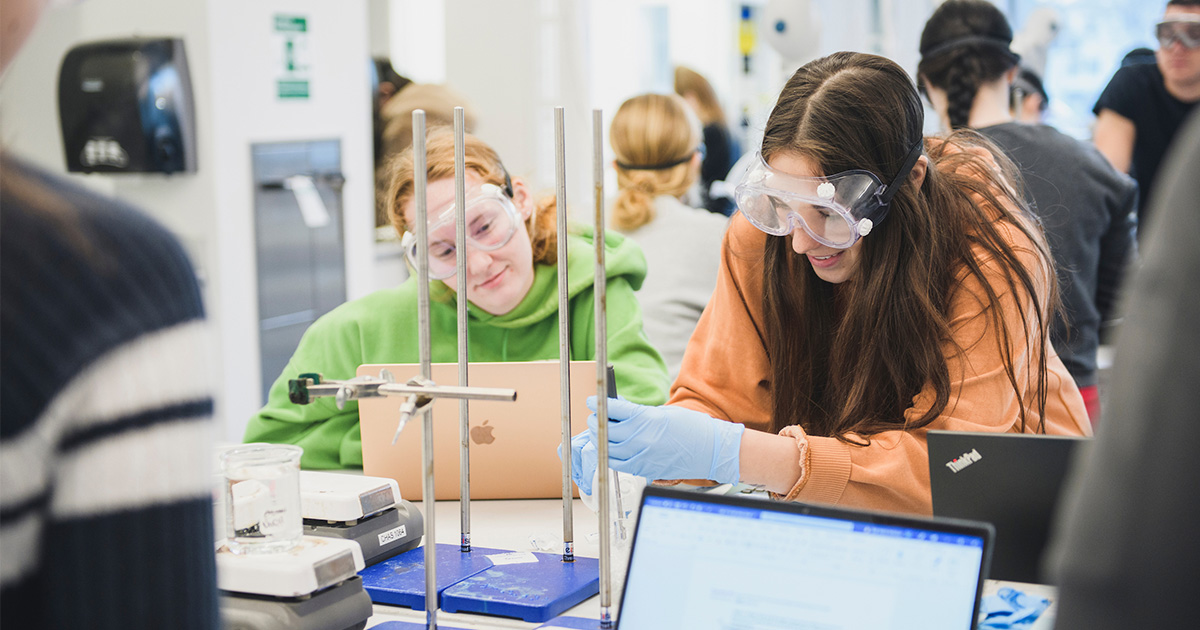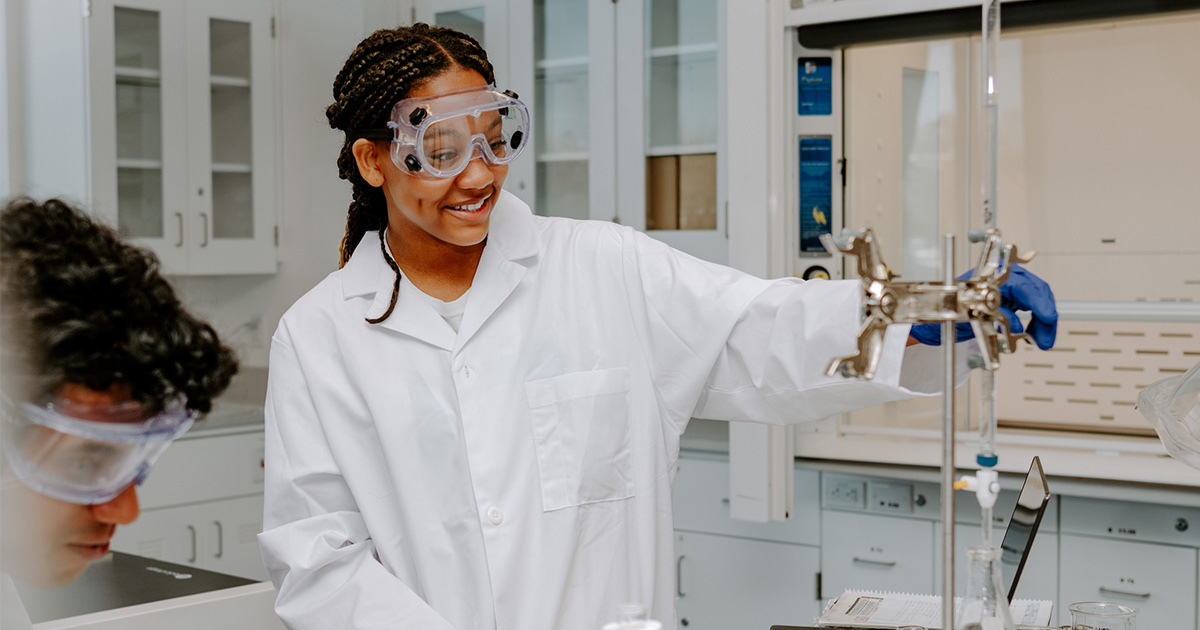Cell, Molecular and Developmental Biology
Study the biology behind growth, development and disease. Purdue’s cell, molecular and developmental biology major prepares you to explore how genes, cells and molecular pathways shape living organisms — offering paths toward research, biotech or medical and health professions.

Why Purdue?
Our students prepare for careers in a wide range of fields where critical thinking, curiosity and a deep understanding of science are highly valued including:
- Biomedical researcher
- Geneticist
- Biotechnology specialist
- Physician or veterinarian (with further education)
- Pharmaceutical research associate
- Genetic engineering lab technician
- Science educator
You should pursue the most rigorous high school curriculum available to you. Succeeding in challenging courses will allow you to be a stronger candidate for Purdue’s competitive admission process and better prepare you for college success.
Minimum high school coursework (many applicants exceed these minimums):
- Math – 4 years
- English – 4 years
- Lab science – 3 years
- Social studies – 3 years
- World language – 2 years
Connect
College of Science
Discover your path in Purdue’s College of Science, where curiosity meets innovation across the physical, life, mathematical and computing sciences.
Contact
Director of Recruiting, College of Science
(765) 494-1990
sciencerecruiting@purdue.edu
Visit
Experience for yourself all that Purdue has to offer with opportunities to explore in-person or virtually.
Apply
Ready to take the next step? Apply to begin your journey at Purdue in cell, molecular and developmental biology.
Transfer to Cell, Molecular, and Developmental Biology
Purdue admits to individual majors. Transfer students must meet Purdue’s overall transfer criteria, as well as any major-specific requirements. Before you apply, check the closed programs page to confirm this major is open to transfer students. If it is, refer to the information below for major-specific transfer criteria.
- Minimum 3.0 GPA
- Completion of coursework equivalent to each of the following Purdue courses: BIOL 11000, CHM 11510/20/30, and MA 16010 with a minimum grade of C+ in each course.









